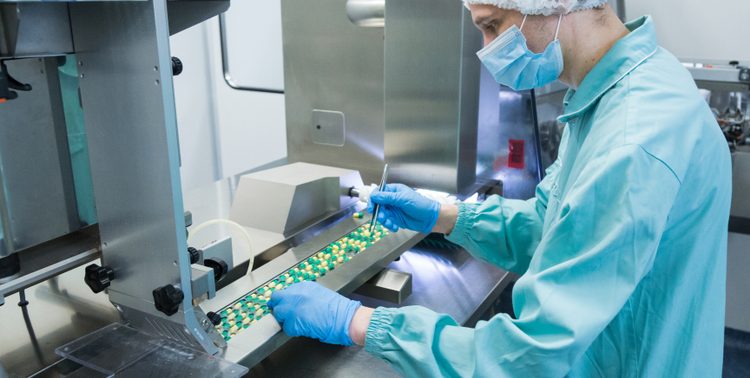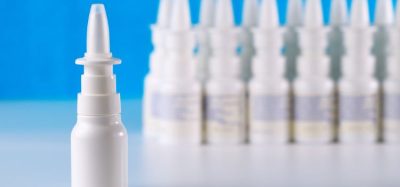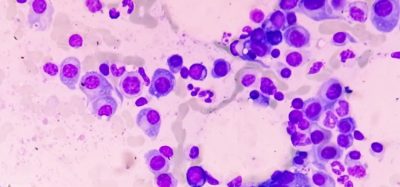OSD contract manufacturing market valued at $54.7 billion by 2030
Posted: 7 October 2022 | Catherine Eckford (European Pharmaceutical Review) | No comments yet
Outsourcing the production of oral solids is estimated to be the primary influencer for the contract manufacturing market in the next decade, using lessons learnt from the COVID-19 pandemic.


A market report has projected that the global oral solid dosage (OSD) contract manufacturing market is expected to be worth $54.7 billion by 2030, displaying a compound annual growth rate (CAGR) of 6.0 percent.
Data showed that worldwide, oral solids are the most popular mode of drug delivery due to being highly cost-effective and offering simple manufacturing processes. Slow-release formulations were a popular choice for manufacturers, as these varieties reduce the traditional dosage frequency for patients, who only need to take these medications say, once a week. This is especially beneficial as a way of decreasing potential side effects.
Tablets were noted to be the most common form of OSD in 2021 because of their convenience and simplicity in production, transportation and delivery to the end user. The research saw that a demand for bilayer tablets specifically, is on the rise.
Research demonstrated that increasingly complex drug molecules, R&D investments by large contract manufacturing organisations (CMOs) and contract development and manufacturing organisations (CDMOs) were key drivers helping to boost the market’s value. Large CMOs held the biggest share of revenue in 2021, as even from the initial stages of drug production, pharmaceutical firms decided to outsource the work to these organisations.
In the years 2015 and 2020, clinical-stage cancer programmes increased by a considerable 77 percent (1,642 to 2,911), resulting in a quarter of drugs currently in development worldwide being highly potent. The rising requirement for small-scale and encapsulated manufacturing processes necessary to assemble these products make it challenging for many pharmaceutical companies to alter their currently installed capacity.
During 2020, the COVID-19 pandemic depleted the healthcare sector’s revenue due to shortages in the workforce and major disturbance to the raw material supply chain.
Nevertheless, this showed industry leaders the importance of R&D for drugs intended to treat viral infections, initiating this sector of the market to flourish in the years following. Small molecule oral solids like azithromycin and hydroxychloroquine were found to help treat COVID-19 patients, thus proving vital in reinvigorating the market. Since then, more companies have focused on commercialising and producing OSD drugs through contracts with CMOs. Key factors shaping the solid dose manufacturing market have therefore been heightened collaboration, flexibility and adaptability.
Asia Pacific was the overall global market leader in 2021 and is expected to have the largest CAGR in the upcoming forecast period. Operating in the market with very low prices have aided China and India to control the OSD CMO market.
Leading companies in the oral solid dosage market are Catalent, Inc., Lonza Group, Piramal Pharma Solutions, Aenova, Jubilant, Boehringer Ingelheim, AbbVie Contract Manufacturing, Patheon, Recipharm, Next Pharma AB, Siegfried AG and Corden Pharma.
Related topics
Active Pharmaceutical Ingredient (API), Big Pharma, Biopharmaceuticals, Contract Manufacturing, Drug Manufacturing, Drug Markets, Drug Supply Chain, Formulation, Industry Insight, Manufacturing, Outsourcing, Research & Development (R&D), Supply Chain
Related organisations
Abbvie Contract Manufacturing, Aenova, Boehringer Ingelheim, Catalent, Corden Pharma, Jubilant Generics Limited, Lonza Group AG, Next Pharma AB, Patheon, Piramal Pharma Solutions, Recipharm, Siegfried AG









